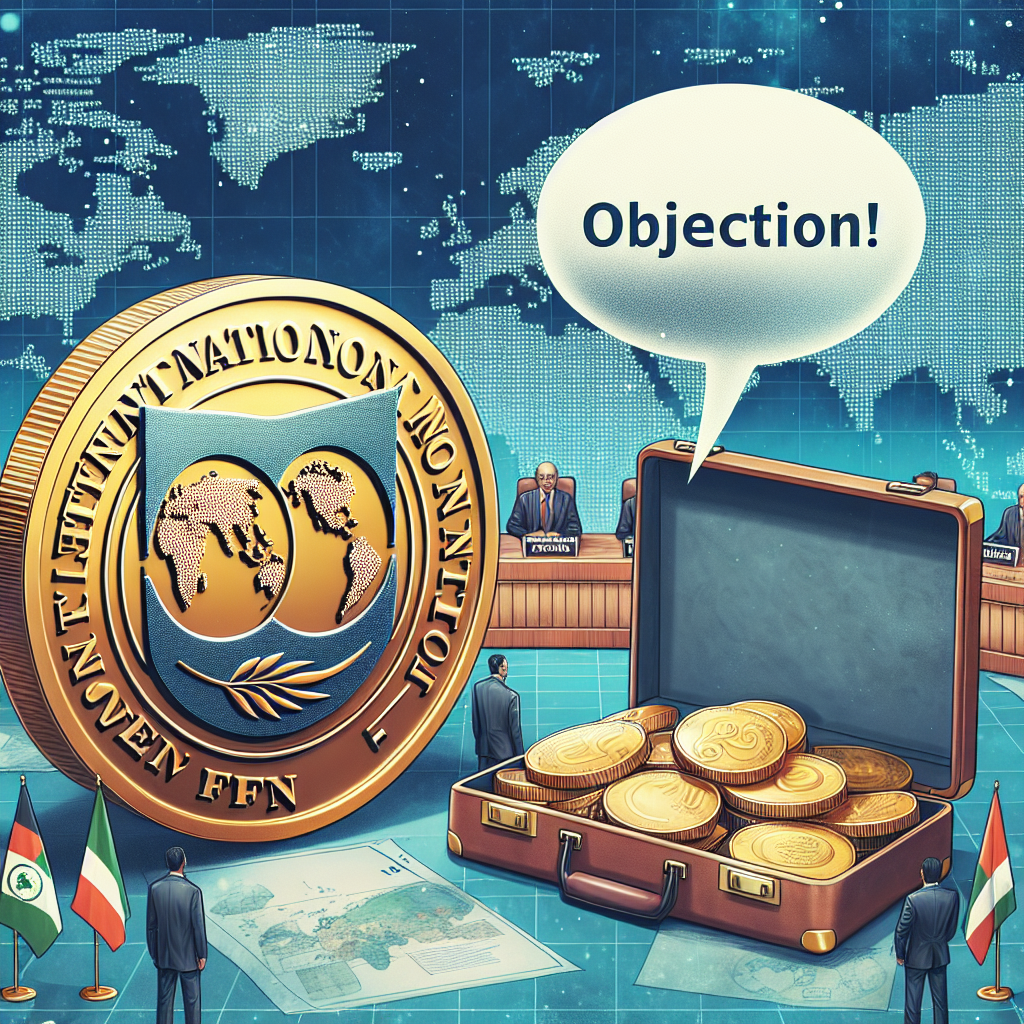IMF Approves $1 Billion Bailout for Pakistan Amid India’s Objections
IMF Approves $1 Billion Bailout for Pakistan Amid India’s Objections
Overview
The International Monetary Fund (IMF) has sanctioned a $1 billion bailout package for Pakistan, a decision that has sparked significant geopolitical tension, particularly with neighboring India. This financial assistance aims to stabilize Pakistan’s struggling economy, but it has not been without controversy.
Key Details of the Bailout
- Amount: The IMF has approved a $1 billion financial package.
- Purpose: The funds are intended to support Pakistan’s economic reforms and stabilize its financial situation.
- Conditions: The bailout comes with stringent conditions, including fiscal discipline and structural reforms.
India’s Objections
India has raised concerns over the IMF’s decision, citing potential misuse of funds and regional security implications. The objections are rooted in longstanding geopolitical tensions between the two countries.
Implications for Pakistan
- Economic Stability: The bailout is expected to provide short-term relief to Pakistan’s economy.
- Reform Mandate: Pakistan is required to implement significant economic reforms as part of the agreement.
- International Relations: The decision may affect Pakistan’s diplomatic relations, particularly with India.
Conclusion
The IMF’s approval of a $1 billion bailout for Pakistan is a critical step towards economic stabilization, albeit one fraught with geopolitical challenges. While the financial aid offers a lifeline to Pakistan’s economy, it also underscores the complex dynamics of regional politics, particularly with India’s vocal objections. The success of this bailout will largely depend on Pakistan’s ability to adhere to the IMF’s conditions and navigate the diplomatic landscape.
















